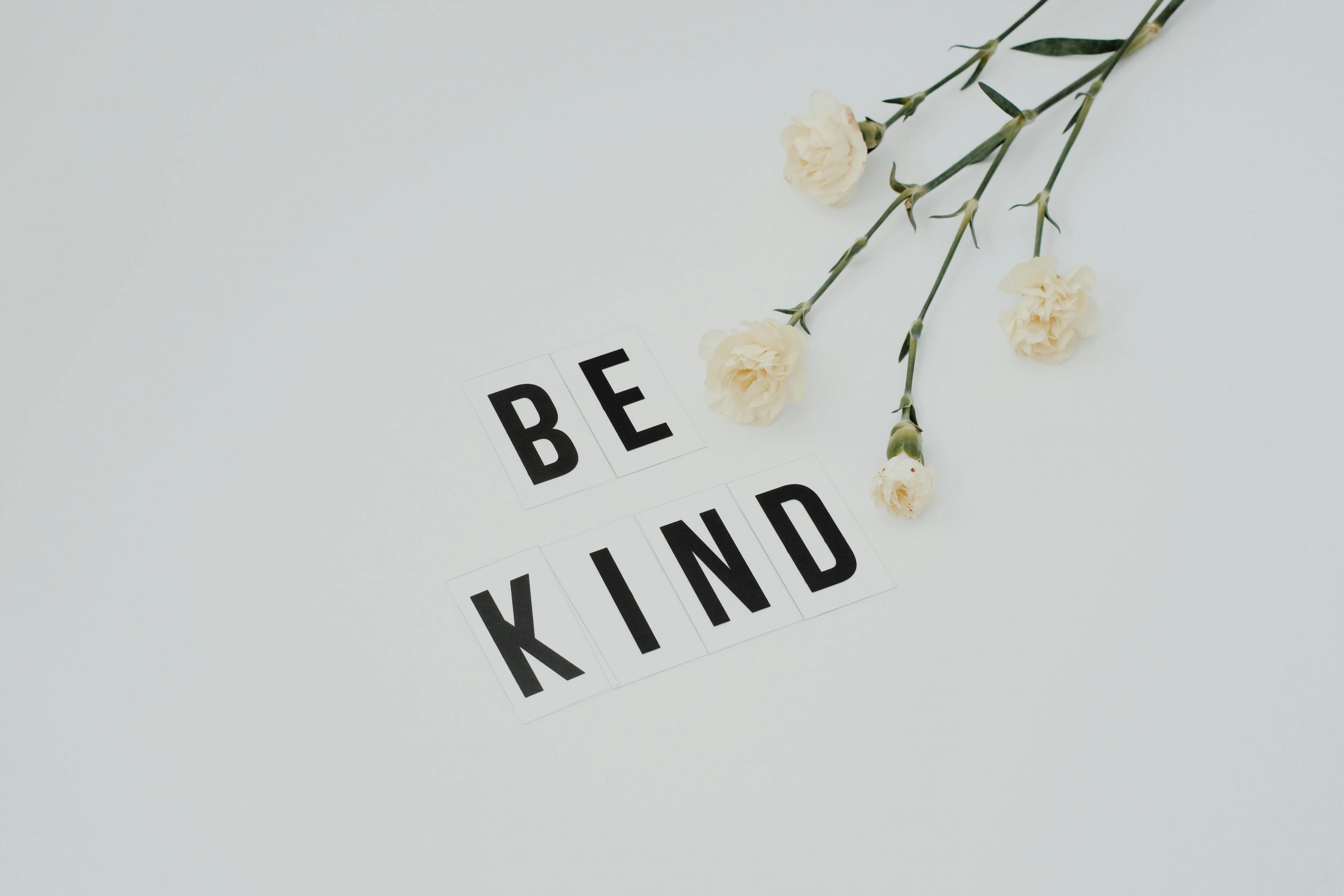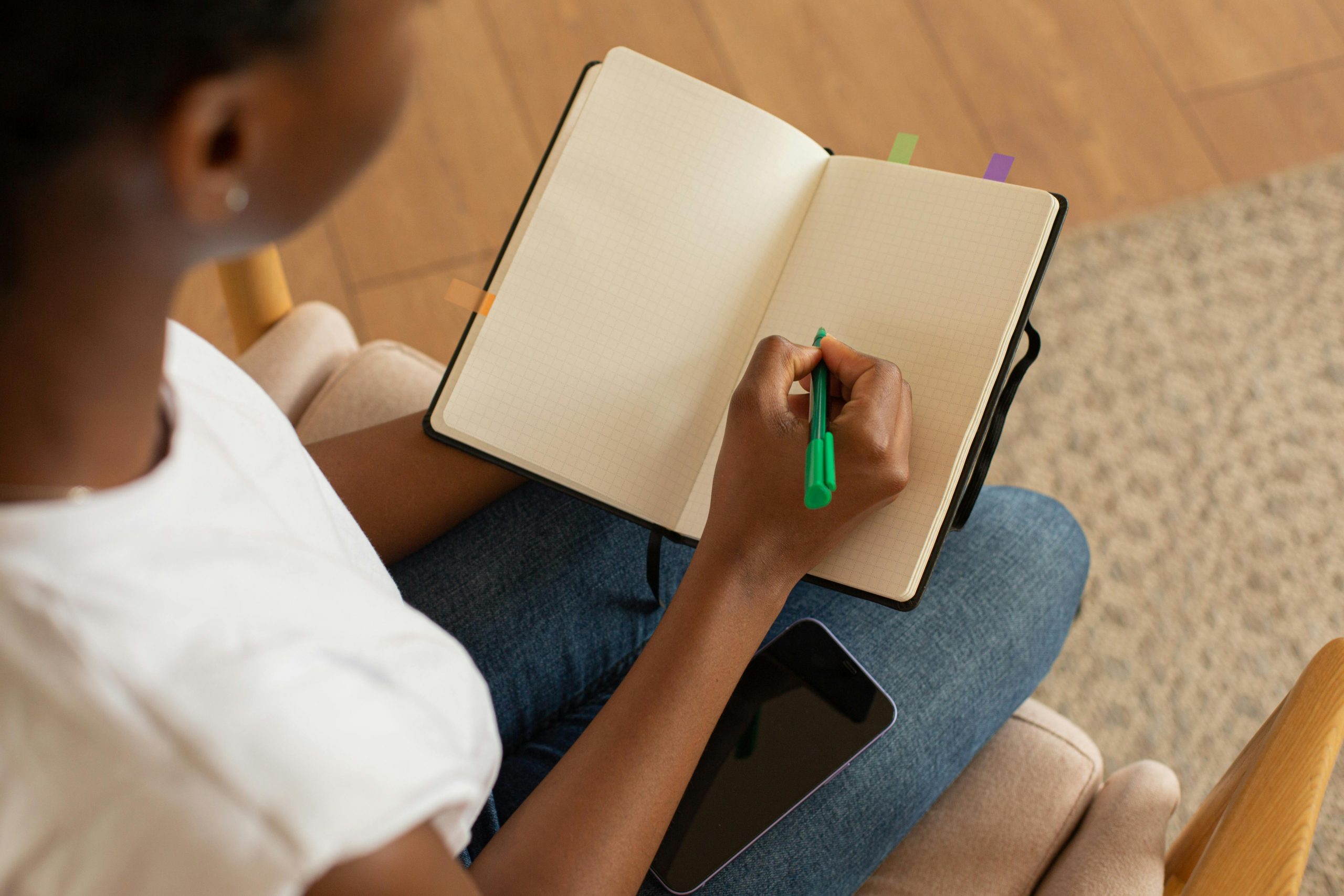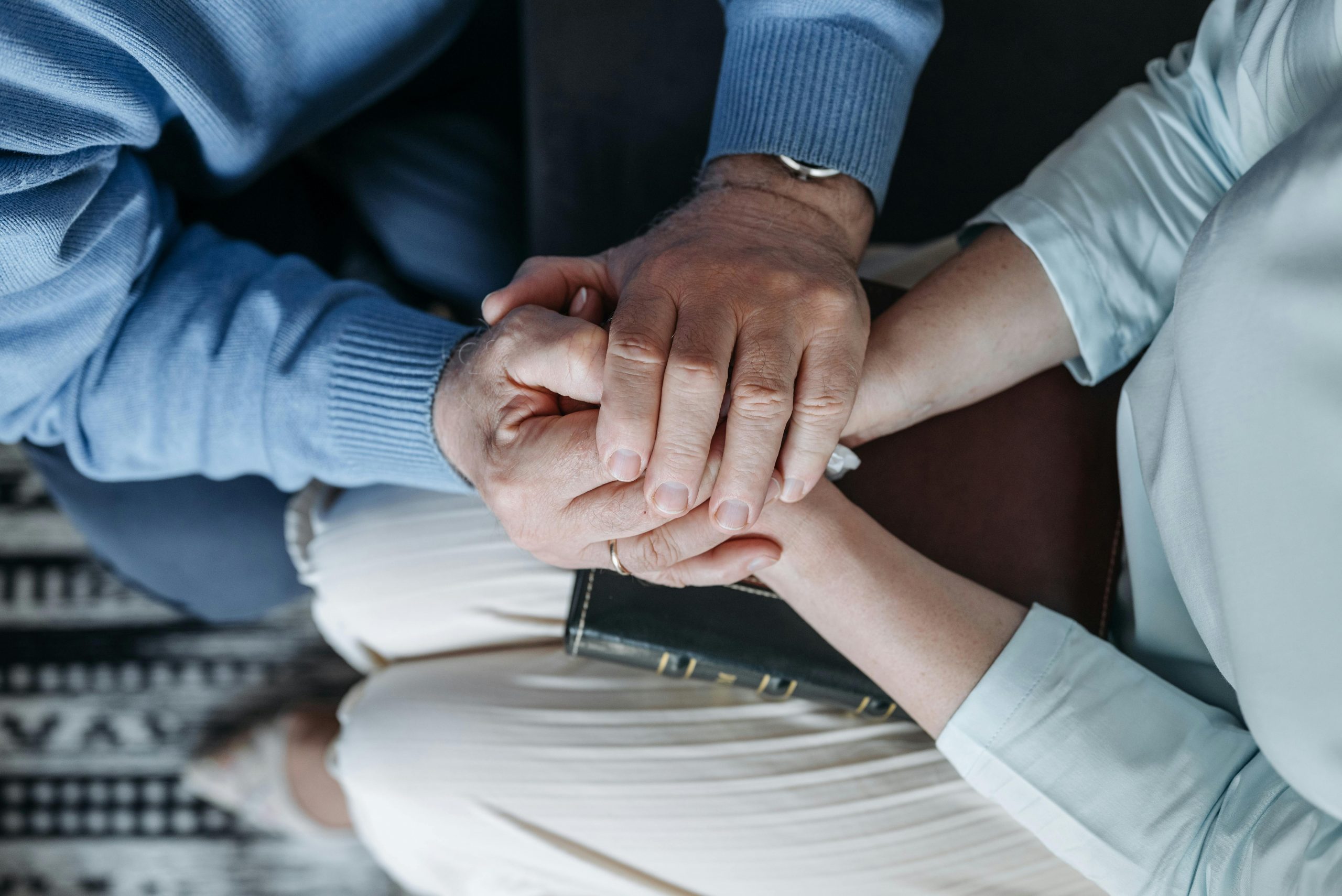Disclaimer: Charms Ville. This site provides fashion and lifestyle content for informational purposes only.
Becoming a better person doesn’t mean you have to be perfect. It means trying each day to be more kind, honest, respectful, and thoughtful. You don’t need to change overnight. Small steps can lead to big improvements in how you treat others—and yourself.
In this guide, you’ll learn simple ways to grow as a person, build better habits, and have a positive impact on the world around you.
Why Try to Be a Better Person?
Becoming a better person helps you feel more confident, peaceful, and fulfilled. It also improves your relationships with others—family, friends, coworkers, and even strangers. When you focus on being kind, honest, and respectful, life feels better overall.
Plus, when you work on yourself, you inspire others to do the same. Kindness and personal growth are contagious!
1. Practice Kindness Every Day

Being kind is one of the easiest and most powerful ways to become a better person. Kindness spreads positivity and makes others feel seen and valued. When you’re kind, you also feel better about yourself and build stronger relationships with the people around you.
How to show kindness:
- Hold the door for someone.
- Give a genuine compliment.
- Smile and say hello.
- Help a friend with a problem.
- Say “thank you” and “please.”
- Offer your seat to someone in need.
- Listen when someone needs to talk.
Even small gestures can make a big difference.
2. Be Honest, Even When It’s Hard
Honesty is a key part of becoming a better person. It builds trust and shows others they can count on you. Telling the truth, even when it’s uncomfortable, shows courage and integrity. When you’re honest about your mistakes, people respect you more—not less—because you take responsibility.
Ways to practice honesty:
- Speak the truth kindly, not harshly.
- Admit when you’re wrong and try to make things right.
- Don’t make excuses—own your actions.
- Be honest with yourself about your goals, feelings, and behavior.
Being honest helps create stronger relationships and a clearer path forward in life.
3. Listen More Than You Talk
One of the most powerful ways to become a better person is by truly listening. It shows respect, builds trust, and helps you connect with others on a deeper level. When you actively listen, people feel valued and understood, which strengthens relationships at home, work, and in your community. It’s not just about hearing words—it’s about understanding the meaning behind them.
Ways to practice better listening:
- Make eye contact to show you’re fully engaged.
- Put away distractions like your phone or TV.
- Don’t interrupt or jump in with your opinion too quickly.
- Let the speaker finish their thoughts before responding.
- Ask thoughtful follow-up questions that show you’re interested.
- Restate or summarize what the other person said to confirm understanding.
By listening more than you speak, you create space for better communication and show others you truly care. It’s a simple habit with a big impact.
4. Be Respectful to Everyone
Respect means treating people with kindness, fairness, and understanding, no matter who they are or how different they may be from you. It shows maturity and helps create a more positive environment wherever you go—at home, school, work, or in your community.
How to show respect:
- Speak politely and use kind words.
- Avoid gossip, name-calling, or mean jokes.
- Listen when others share their views, even if you disagree.
- Be patient with people, especially when they’re struggling or upset.
- Appreciate different cultures, lifestyles, and opinions.
Respecting others earns you respect in return.
5. Learn from Your Mistakes
Nobody is perfect. Everyone makes mistakes—it’s a normal part of life. What truly matters is how you respond and what you take away from the experience. Mistakes offer valuable lessons and can help you grow as a person if you’re willing to reflect and improve.
How to learn and grow from mistakes:
- Admit when you’re wrong. Don’t blame others or make excuses. Taking responsibility shows maturity.
- Apologize sincerely. A heartfelt apology can repair trust and show you care.
- Reflect on what happened. Ask yourself what led to the mistake and how you can handle things differently next time.
- Forgive yourself. Don’t dwell on the past. Everyone messes up—what’s important is moving forward with a better mindset.
Mistakes don’t define you. How you handle them does. When you learn from your missteps, you become wiser, stronger, and more compassionate.
6. Set Personal Goals for Growth

Becoming a better person takes effort, and setting personal goals is one of the best ways to make steady progress. Goals give your actions purpose and keep you focused on the areas of your life you want to improve. Whether you’re trying to build better habits, be kinder to others, or improve your health, goals help turn your intentions into results.
Ideas for personal growth goals:
- Read one book per month to expand your thinking.
- Volunteer regularly to give back to your community.
- Practice mindfulness or journal to better understand your thoughts.
- Exercise several times a week to boost your physical and mental well-being.
- Set limits on screen time to stay more present with family and friends.
Start small and build on your progress. Review your goals often and adjust them as needed. The journey to self-improvement is ongoing, and your goals can help keep you on track.
7. Be Grateful for What You Have
Gratitude is a powerful habit that can shift your mindset and improve your overall outlook on life. When you focus on what you have instead of what you lack, you naturally become more positive, content, and emotionally resilient. Practicing gratitude regularly can lower stress, improve relationships, and even boost your physical health.
How to practice gratitude daily:
- Write down three things you’re thankful for each day—big or small.
- Say “thank you” sincerely to people who help you, even in small ways.
- Take a moment to reflect on things that went well, especially during tough times.
- Keep a gratitude journal to track the positive aspects of your life.
- Share appreciation with loved ones to strengthen your connection.
Grateful people tend to be more generous, kind, and optimistic. By making gratitude a daily habit, you’ll not only feel better but also become a better person to those around you.
8. Help Others When You Can
Being kind and helpful is one of the simplest ways to become a better person. You don’t need a lot of time, money, or special skills—just a willingness to make someone’s day a little better. Helping others creates a ripple effect of positivity that can spread through your home, school, or community.
Easy ways to help include:
- Volunteering at a local shelter, food bank, or animal rescue.
- Tutoring a younger student who’s struggling with homework.
- Picking up trash or planting flowers in your neighborhood.
- Donating gently used clothes, books, or toys to those in need.
- Simply offering a kind word, smile, or helping hand to someone who looks down.
When you help others, it not only supports those in need—it lifts your own spirit, builds empathy, and strengthens your connection to the world around you. Small acts of kindness truly go a long way.
9. Control Your Anger and Emotions
Everyone feels angry, sad, or frustrated at times—it’s a normal part of being human. But learning to manage your emotions in a healthy way is a big step toward becoming a better person. When you stay calm under pressure, people trust and respect you more, and you’re better able to solve problems without making the situation worse.
Tips for staying calm and in control:
- Take slow, deep breaths before you speak or act.
- Count to 10 when you feel your anger rising.
- Walk away and give yourself space to cool down.
- Talk to someone you trust instead of yelling or holding it in.
- Write in a journal to process strong emotions safely.
Managing your emotions doesn’t mean ignoring them—it means understanding them and choosing how to respond. With practice, you’ll be able to face challenges with a clear head and a steady heart.
10. Choose Positive Friends and Influences
The people you spend time with can have a big impact on your thoughts, choices, and actions. Surrounding yourself with positive influences helps you stay motivated, make smart decisions, and feel supported in your journey to become a better person. Uplifting friends can inspire you to be kinder, more confident, and goal-driven.
Ways to build a strong, positive circle:
- Spend time with people who treat others with respect and kindness.
- Avoid those who constantly complain, gossip, or bring drama into your life.
- Follow encouraging and educational accounts on social media that reflect your values.
- Stand firm in your beliefs, even if others try to pressure you to act differently.
- Support your friends in their growth and celebrate their success.
Good friends help you become your best self. By being a loyal, kind friend in return, you also become a positive influence in someone else’s life.
11. Take Care of Your Body and Mind
Becoming a better person starts with taking care of yourself. When you feel healthy and strong—both physically and mentally—you’re better equipped to handle challenges, support others, and stay positive. You can’t pour from an empty cup, so self-care is essential, not selfish.
Healthy habits that support your well-being include:
- Eating a balanced diet filled with fruits, vegetables, whole grains, and lean proteins.
- Getting 7–9 hours of quality sleep each night to recharge your body and mind.
- Exercising regularly, even if it’s just a walk or light stretching each day.
- Talking to a friend, counselor, or support group when you feel anxious, stressed, or overwhelmed.
Taking care of yourself builds your resilience, boosts your mood, and helps you stay focused. When you make your health a priority, you’re not only improving your own life—you’re also setting a good example and showing up better for those around you.
12. Stay Curious and Keep Learning
Becoming a better person means always being open to growth. Curious people are eager to learn, explore new ideas, and understand others more deeply. When you keep learning, you gain knowledge, build confidence, and stay mentally sharp. Most importantly, you become more understanding and less judgmental of people who think differently.
Here’s how to keep your curiosity alive:
- Read books, watch documentaries, or listen to podcasts on topics that interest you.
- Ask questions without fear of looking uninformed—curiosity is a strength, not a weakness.
- Try new things like cooking a new recipe, learning a language, or starting a craft project.
- Spend time with people from different backgrounds and cultures to broaden your view of the world.
- Reflect on what you’ve learned and how it helps you grow.
Curiosity leads to understanding, and understanding helps you become wiser, more patient, and more open-minded.
13. Be Responsible for Your Actions
Being responsible means owning your decisions, behaviors, and the outcomes they create—both good and bad. It’s a key part of becoming a better person because it shows integrity and maturity. When you take responsibility, others see you as dependable and trustworthy. You also learn from your mistakes instead of blaming others.
Ways to be more responsible include:
- Following through on promises, even when it’s inconvenient.
- Meeting deadlines, being prepared, and showing up on time.
- Admitting when you’ve made a mistake and working to fix it without making excuses.
- Thinking through your choices and considering how they might affect others.
Taking responsibility isn’t always easy, but it helps you grow into someone others can count on. It builds strong relationships, improves your self-respect, and sets a good example for others. Responsibility is a lifelong skill that supports personal growth and success in every area of life.
14. Give People the Benefit of the Doubt
Everyone makes mistakes. Just like you have bad days or moments you’re not proud of, so do other people. Instead of assuming the worst, try to believe that others are doing their best with what they have. Giving people the benefit of the doubt shows maturity, empathy, and kindness.
Here’s how to practice it:
- Ask thoughtful questions before jumping to conclusions.
- Remind yourself that you don’t always know what someone else is going through—maybe they’re tired, stressed, or facing something hard.
- Try to stay calm and patient, especially if someone reacts poorly or makes a mistake.
- Choose understanding over blame when someone falls short.
When you give people a chance to explain or recover, you create space for trust and connection. This compassionate approach helps build stronger relationships and makes you a more forgiving and caring person in return.
15. Forgive Others (and Yourself)
Holding on to anger, resentment, or guilt doesn’t help anyone—it just weighs you down emotionally and mentally. Forgiveness isn’t about saying what happened was okay; it’s about choosing peace over pain. When you forgive others, you release yourself from the burden of carrying negative emotions. And when you forgive yourself, you allow space for growth and healing.
Why forgiveness matters:
- It frees you from grudges that keep you stuck in the past.
- It helps you move forward with a clearer mind and lighter heart.
- It shows emotional strength, maturity, and wisdom.
- It opens the door to better relationships—with others and with yourself.
Forgiveness is a choice you make for your own well-being. You don’t have to forget what happened, but you can let go of the bitterness. In doing so, you grow into a more compassionate and emotionally healthy person.
Final Thoughts: Becoming a Better Person Takes Time
Being a better person doesn’t mean being perfect. It means trying—every single day—to be more kind, honest, caring, and respectful. It’s about progress, not perfection.
You can start by picking just one idea from this list. Practice it for a week. Then try another. Over time, your habits will grow stronger, and you’ll feel proud of the person you’re becoming.
The world needs more kind, thoughtful people—and you can be one of them.



